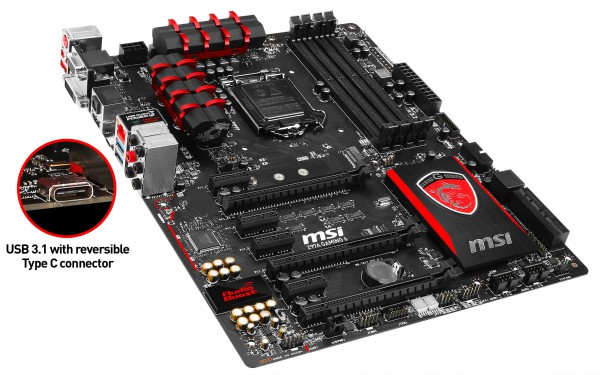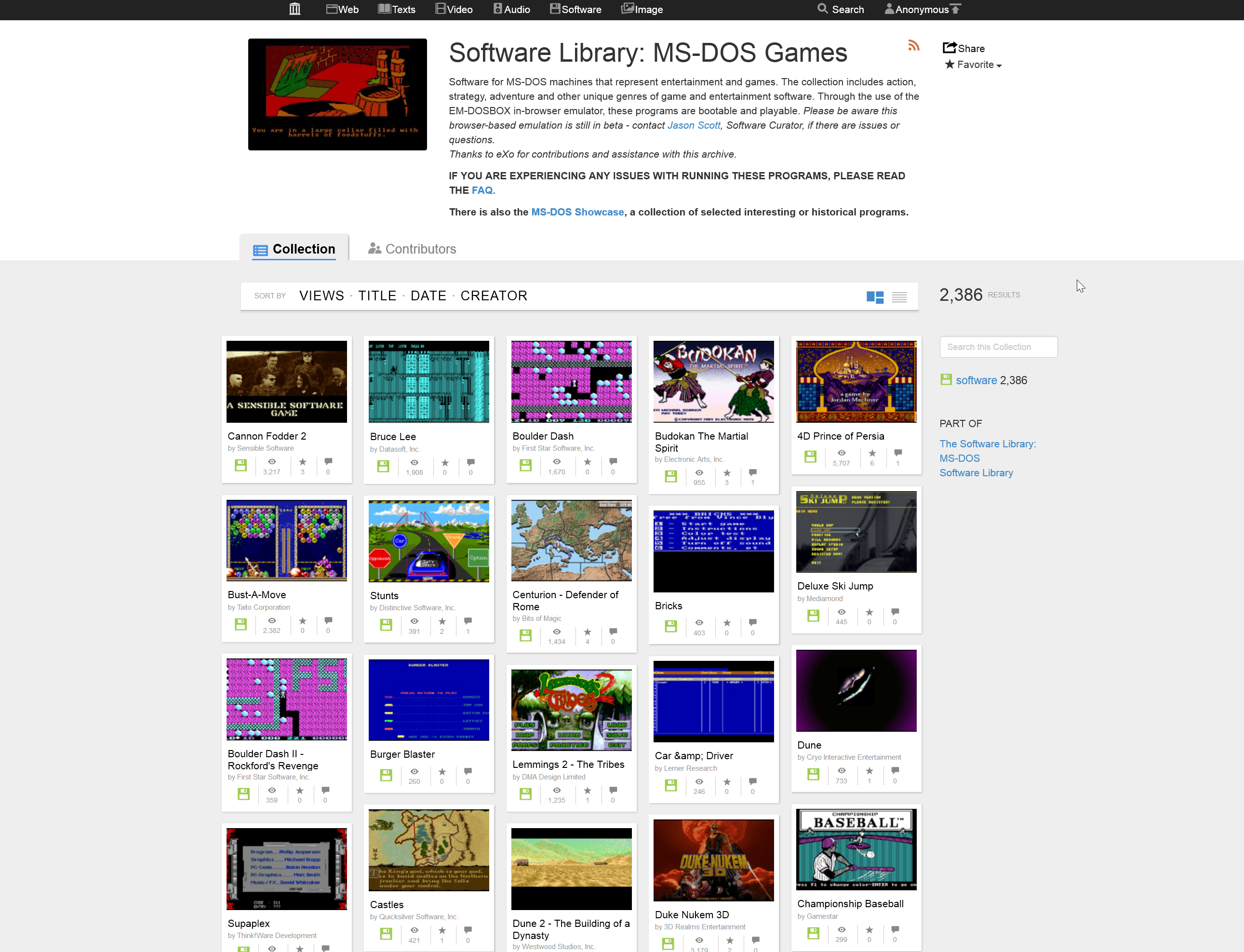
Online banking feels like an accepted channel for today’s consumers, especially compared with its latest mobile incarnation. Yet, with online attacks becoming more sophisticated, banks must remain vigilant by implementing technology defenses while enabling the online channel to provide the convenience that customers now expect. However, with their technology defenses, banks must be wary of putting both existing and prospective customers off with tedious password-enabled security measures. Creating a delicate balance between strong security and convenient access is an ongoing challenge.
Recent independent research commissioned by Ping Identity discovered that more than a third of customers would abandon their bank altogether for an experience that combined both security and convenience. Furthermore, only 28.7 percent of respondents described themselves as 'very loyal' to their bank. Banks are clearly walking a fine line with their customers.
Evolving customer expectations
Online banking has become the primary way for customers to engage with their banks. However, the convenience of digital banking is not without new fears over security. Hackers are becoming more sophisticated in their methods, targeting email addresses, passwords and PIN numbers -- all sensitive data that can be used to compromise a bank account. Too many times this year have banks hit the headlines for compromising customer data, raising concerns about the sheer scale of cyber threats to the banking sector.
More than ever, CIOs and IT managers at retail banks need to re-examine their existing security strategies to keep their customers’ data safe. Banking customers are well aware of this, with only 22.5 percent of respondents saying they viewed access to their account as 'very secure'. These findings are particularly alarming considering that 81.5 percent of respondents use online banking, with eight in ten stating that secure access to online banking was imperative.
The right strategy for security and convenience
CIOs and IT managers should take note that while security is a top priority for many customers, so too is convenience. Fast and easy-to-use online services are a must in today’s on-demand culture. Customers are easily frustrated with tedious log-in processes. Furthermore, the headache of remembering multiple passwords for different accounts may drive customers to banks offering better ease-of-use.
60 percent of banking customers stated that access to their bank account was 'very convenient', with over a third saying that they would switch banks if another vendor could offer them easier access to online banking, but with the same level of security. It’s a no-brainer that while a fast and seamless login process is a must, it cannot be at the cost of security.
Online banking security should steer clear of password-enabled procedures. IT departments within banks should focus on developing systems that center on a customer’s identity and recognize returning customers to give them quick and easy access. Banks can then avoid any exodus and allow their customers to truly realize the benefits of secure online access to their finances.
How CIOs and IT managers maintain a competitive advantage
If a banks’ security technology does not offer customers an online experience that is convenient, but also secure, then they’ll lose out to a competitor that is. Banking customers no longer believe that there has to be a trade-off between security and convenience when it comes to accessing confidential information online -- they expect and demand both.
By deploying systems that focus on a customer’s identity for access, rather than the traditional password model, banks will allow both their customers to truly realize the benefits of secure online access to their finances.
Jason Goode is Managing Director EMEA, Ping Identity and has been working in the identity and access management space since the late 1990's. He has worked across broad range private and public sector identity projects in Europe and the Middle East. Before joining Ping Jason helped a number of leading software companies establish their business in Europe including Netegrity, Aventail and Imprivata.




























